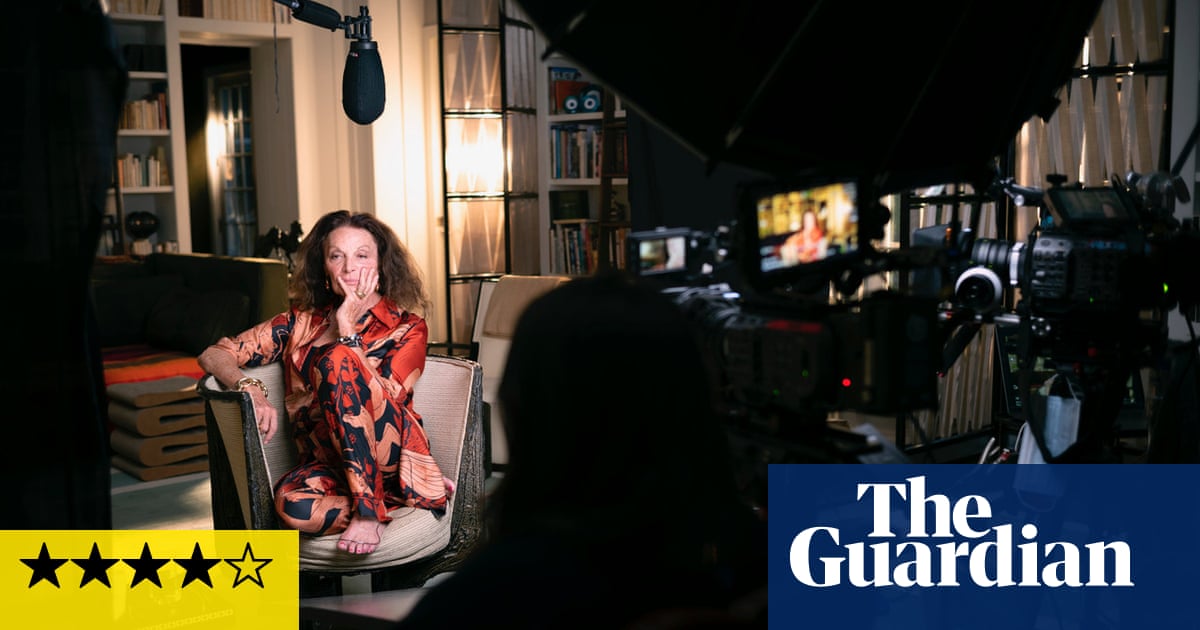So many fashion documentaries are frigid and vapid; this one, though, from film-makers Trish Dalton and Sharmeen Obaid-Chinoy, has a story to tell about someone with something to say. Diane von Fürstenberg is the designer, entrepreneur, former Olympic-level hedonist and Studio 54 habitué, who once (separately) got it on with Warren Beatty and Ryan O’Neal over the same weekend but airily turned down a threesome with Mick Jagger and David Bowie. She was also the daughter of a Belgian Jewish Holocaust survivor, Lily Halfin, to whom she was very close throughout her life and was devastated when Lily suffered a delayed trauma decades after the war; her mother had a breakdown while on a business trip to Germany, triggered by loud German voices. Von Fürstenberg herself had to contend with antisemitism, not least from her husband’s relatives; she was married to the bisexual German cocaine enthusiast Prince Egon von Fürstenberg.
Von Fürstenberg’s key invention (apart from her own celebrity, which was so important in bolstering and diversifying her brand) was the sensationally successful form-fitting wrap dress. It was developed from a wrap top she had initially designed, itself inspired by ballerina clothing; then she saw Richard Nixon’s daughter Julie defending him on TV, wearing this same top with a skirt and Von Fürstenberg had the idea to make it a whole dress. With the support of Vogue editor Diana Vreeland, it became the key retail fashion item of the age; as she says, American women were wearing it for their first job, first interview or first prom. Wittily, the film shows a clip of Cybill Shepherd’s character wearing a Von Fürstenberg wrap dress in Taxi Driver in a scene with Robert De Niro’s Travis Bickle. (And like a lot of that film’s male fanbase, I hadn’t until now appreciated that.)
Von Fürstenberg hit difficulties when the wrap dress market became saturated, though with great resourcefulness she used direct selling on the QVC shopping channel, ignoring the snobs and making millions. She also, I suspect, relied on the financial help from her second husband and love of her life, former Hollywood mogul Barry Diller.
She was, moreover, an emotional and sexual adventurer, caring nothing for bourgeois squeamishness or men who forbid women’s pleasure while covertly rejecting monogamy themselves. There is a semi-intentionally hilarious touch in this film when she is shown on TV advertising her new scent called Volcan d’Amour, breathily reciting the tagline: “It’s a love, it’s a promise, it’s almost a commitment …” Almost! And devoted to her children as she is, you can see she is not quite in tune with their way of talking; she visibly zones out when her daughter tells her on the phone to “be present”. It’s an amusing, affectionate tribute.

